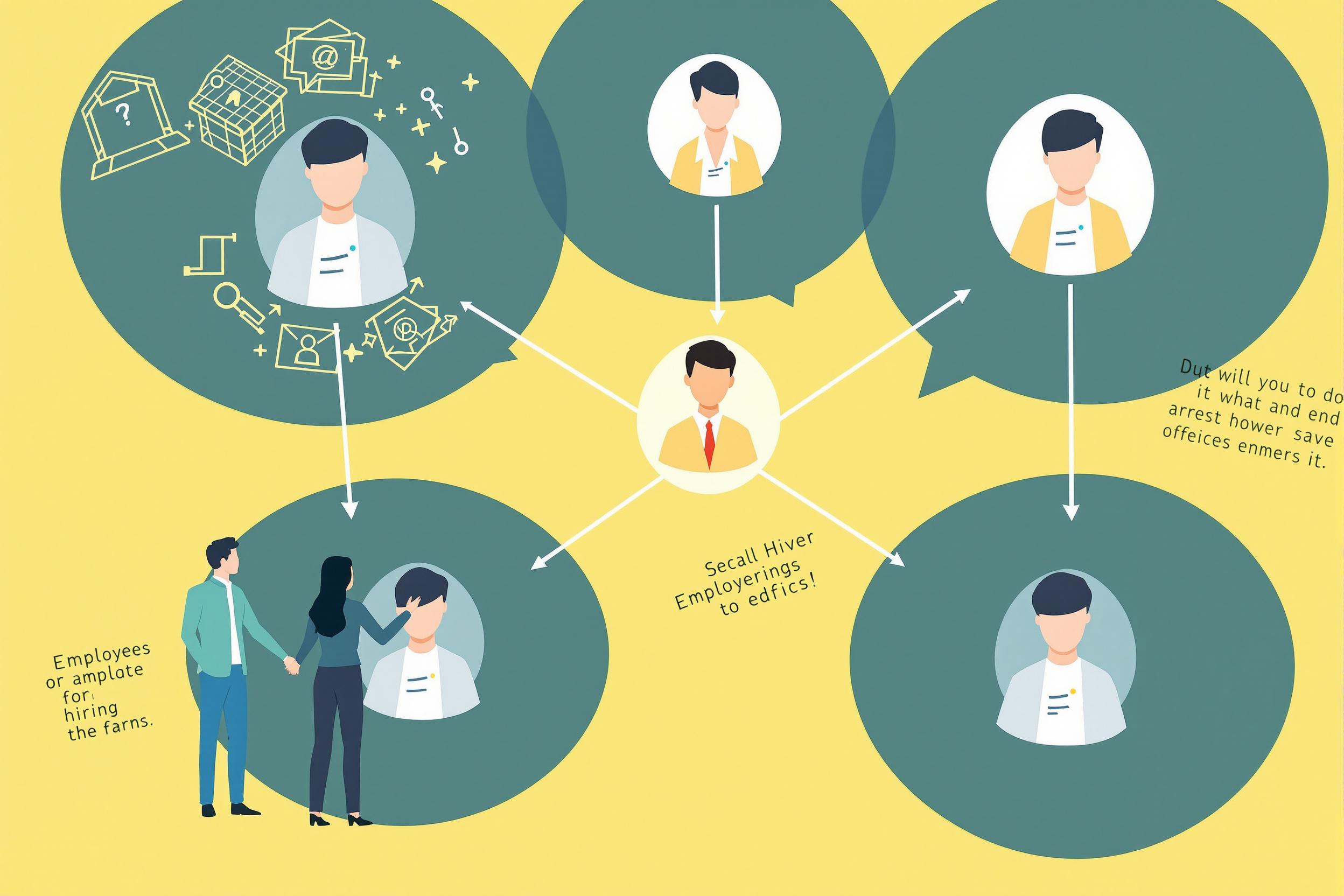
Reference Services
Reference Services is a core function in libraries where staff help people find and use information effectively. It's like having a personal guide who helps visitors navigate through books, databases, and other resources to find exactly what they need. This can happen in person at a reference desk, through online chat, email, or phone calls. Think of it as the library's help desk that assists with research questions, finding materials, and teaching people how to use library resources. Similar terms include "information services," "research assistance," or "ask a librarian" services.
Examples in Resumes
Provided Reference Services to over 200 patrons weekly in academic library setting
Managed virtual Reference Services through chat and email platforms
Developed training materials for new Reference Services staff
Enhanced Information Services through implementation of new digital tools
Coordinated Research Services desk scheduling and coverage
Typical job title: "Reference Librarians"
Also try searching for:
Where to Find Reference Librarians
Professional Organizations
Job Boards
Professional Networks
Example Interview Questions
Senior Level Questions
Q: How would you develop and implement a new virtual reference service program?
Expected Answer: Should discuss assessing user needs, selecting appropriate technology platforms, training staff, creating service policies, marketing the service, and measuring success through user feedback and statistics.
Q: How do you stay current with emerging trends in reference services?
Expected Answer: Should mention professional development, conference attendance, reading professional journals, participating in webinars, and networking with other professionals.
Mid Level Questions
Q: How do you handle difficult reference interviews?
Expected Answer: Should explain techniques for clarifying unclear questions, maintaining patience, using follow-up questions, and ensuring patron satisfaction even with challenging requests.
Q: What strategies do you use to teach information literacy?
Expected Answer: Should discuss creating user-friendly guides, conducting workshops, one-on-one instruction methods, and adapting teaching styles to different learning needs.
Junior Level Questions
Q: What is a reference interview and why is it important?
Expected Answer: Should explain that it's a conversation to understand what information a patron needs, sometimes different from what they initially ask for, and helps provide accurate assistance.
Q: How do you prioritize multiple reference requests?
Expected Answer: Should discuss assessing urgency, managing time effectively, and maintaining quality service while handling multiple patrons.
Experience Level Indicators
Junior (0-2 years)
- Basic reference interview techniques
- Familiarity with common databases
- Customer service skills
- Basic information literacy instruction
Mid (2-5 years)
- Advanced search strategies
- Virtual reference service expertise
- Collection development assistance
- Workshop and training delivery
Senior (5+ years)
- Reference services program management
- Staff training and development
- Assessment and evaluation
- Policy development and implementation
Red Flags to Watch For
- Poor communication skills
- Limited knowledge of digital resources
- Inability to handle multiple tasks
- Lack of customer service experience
- No experience with online databases
Related Terms
Need more hiring wisdom? Check these out...

The Secret Weapon in Your Office: How Employee Referrals Transform Hiring

Lost in Translation? How a Hybrid Mentorship Database Bridges Cross-Regional Talent

From Farewells to Future Allies: Transforming Exit Interviews into Lifelong Connections

